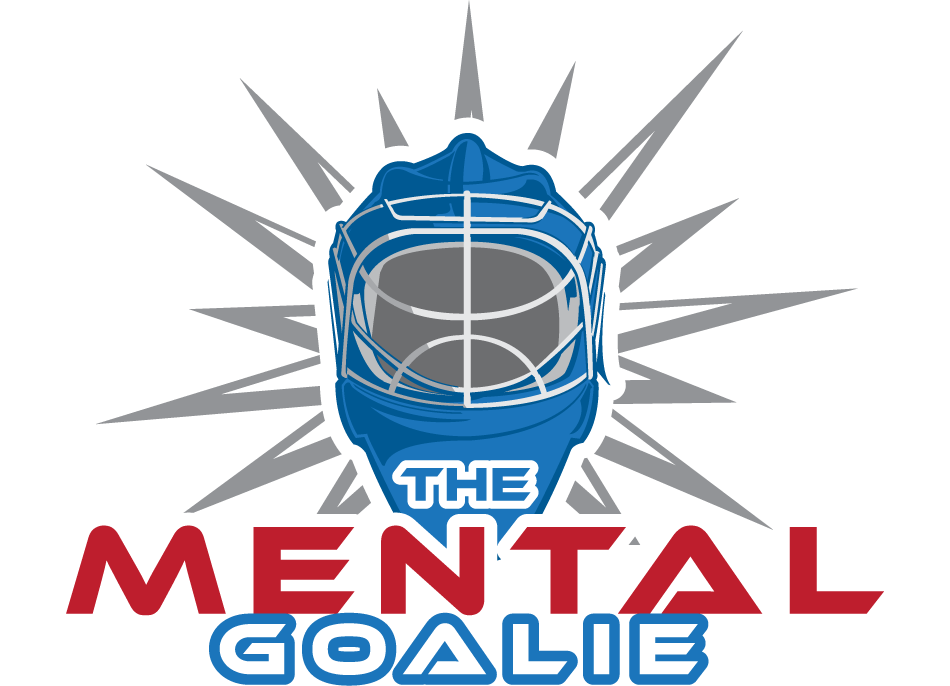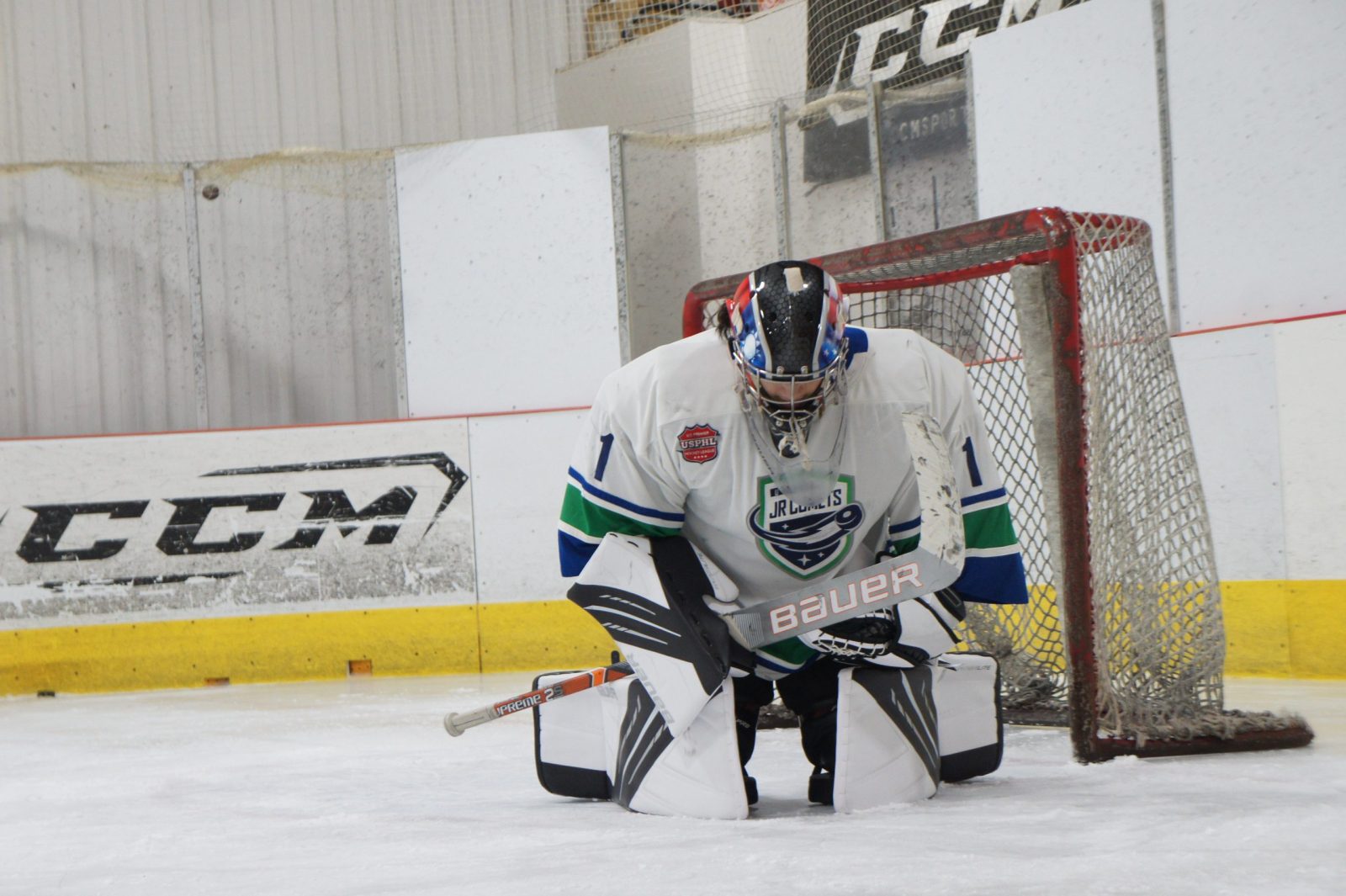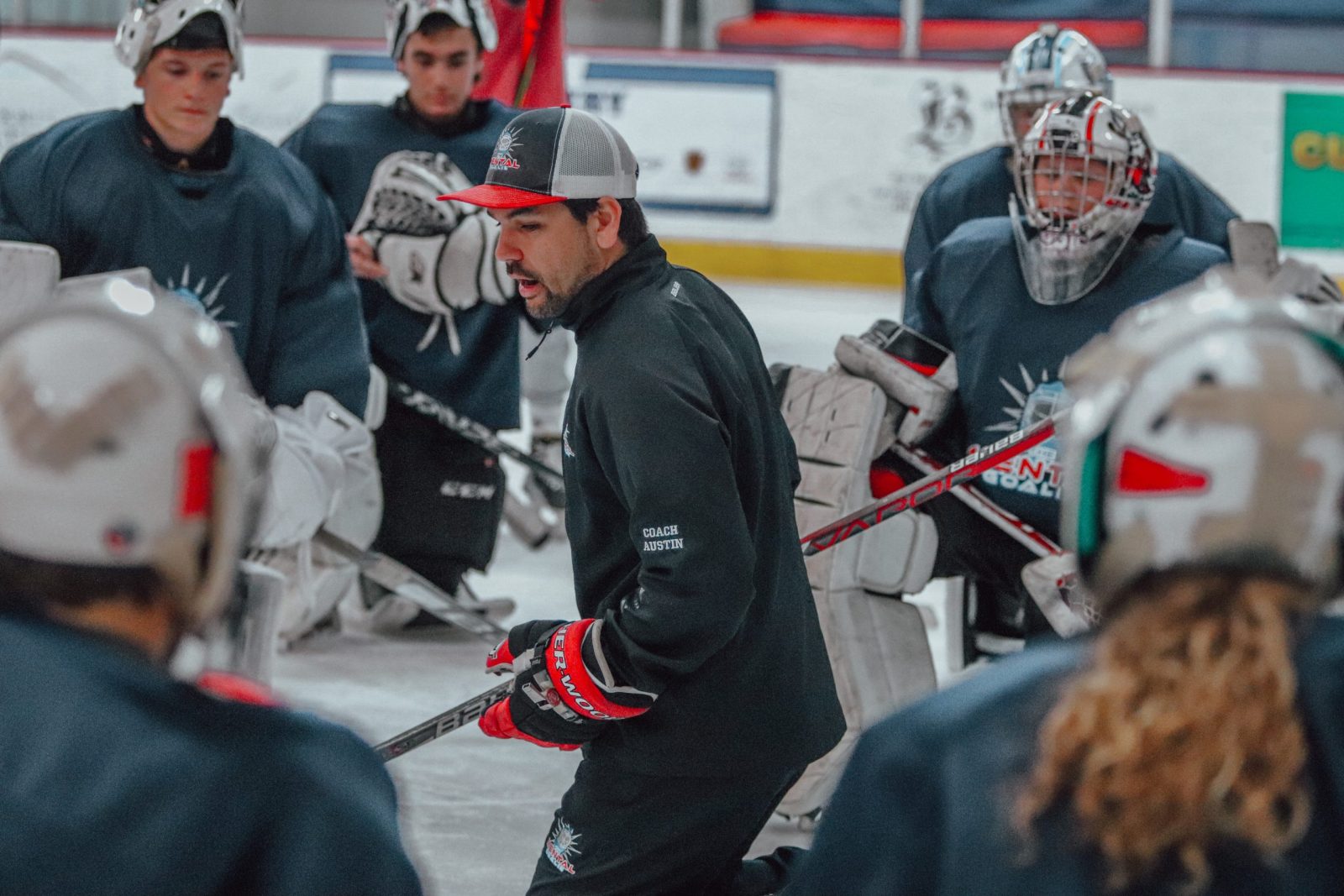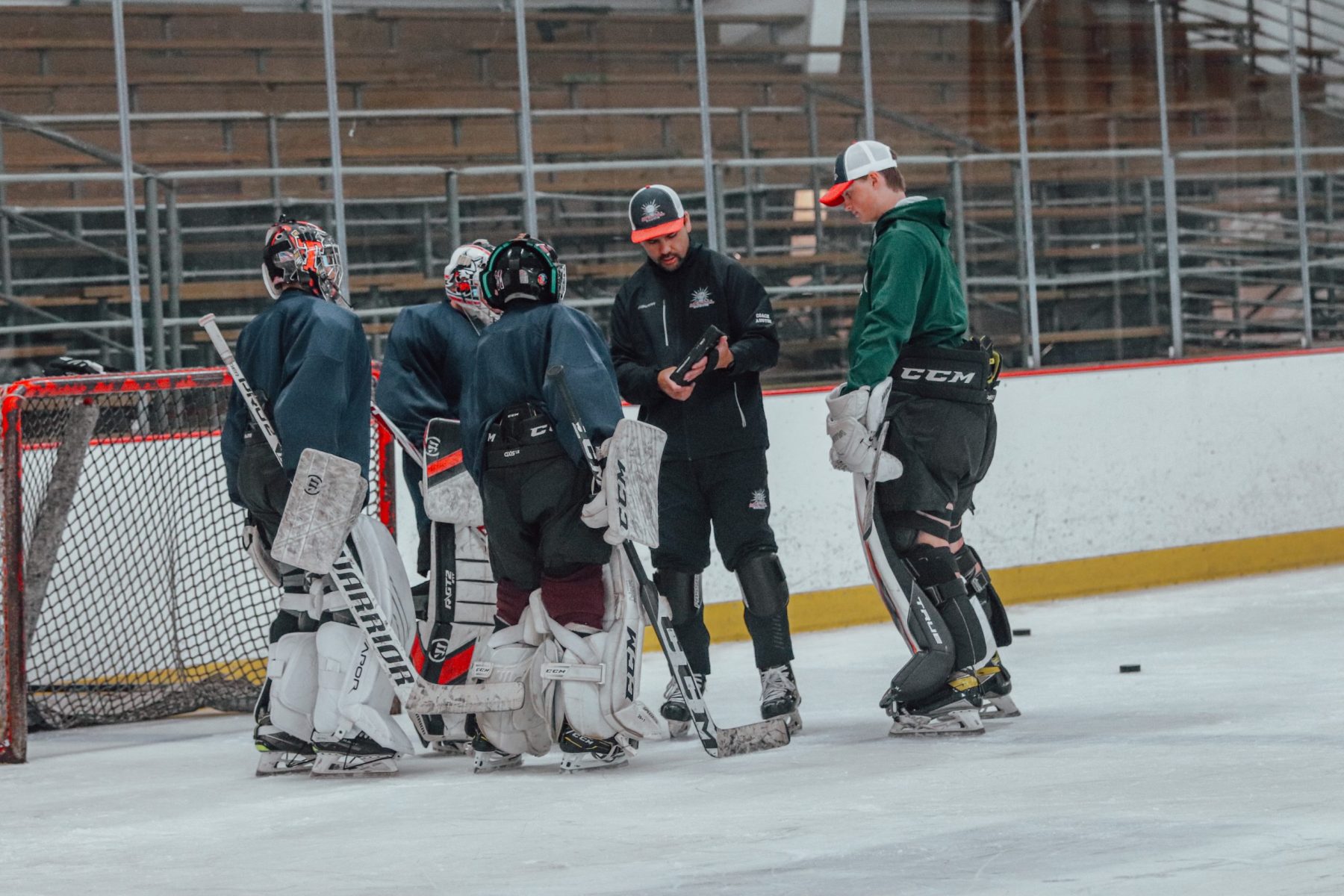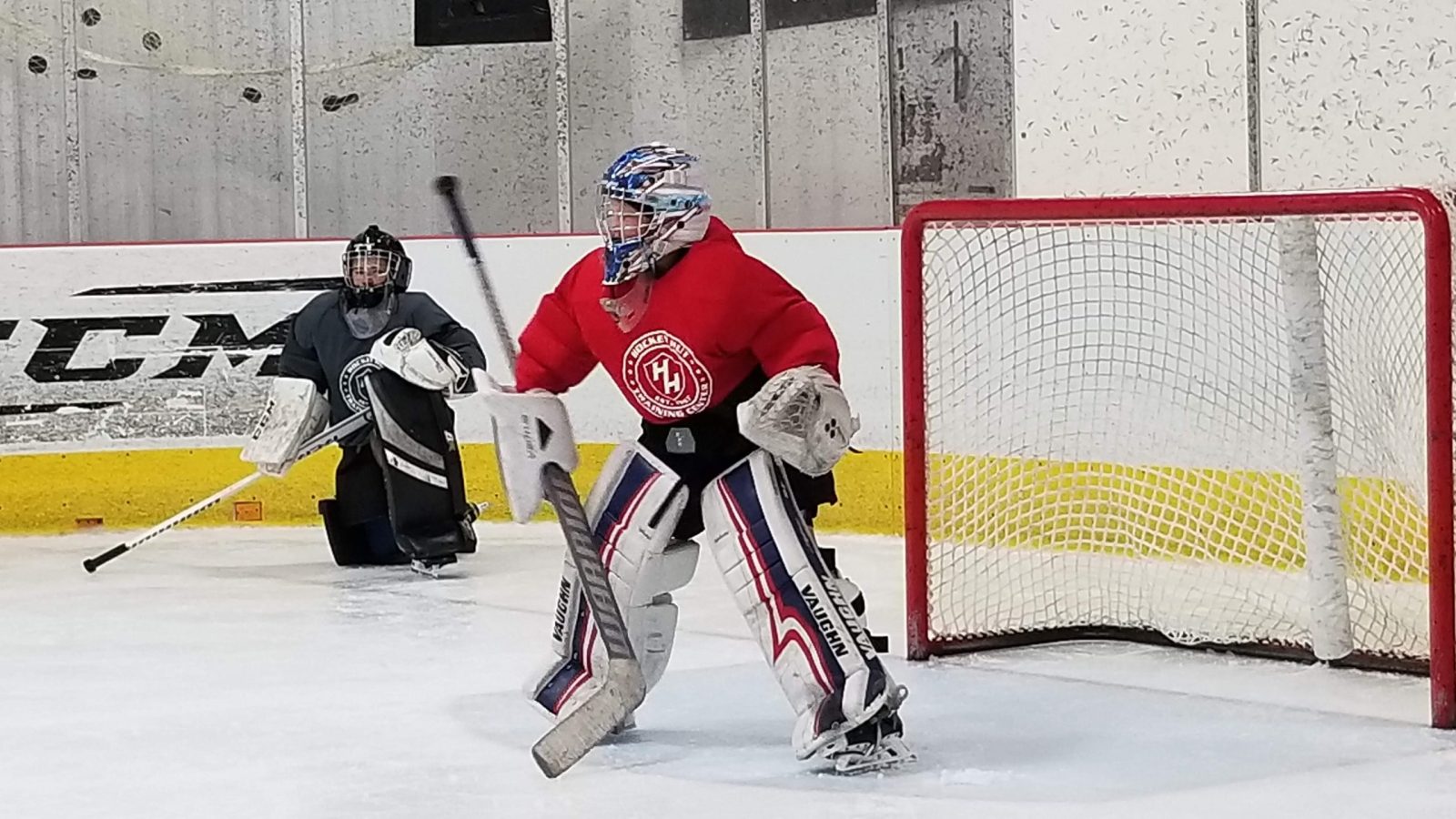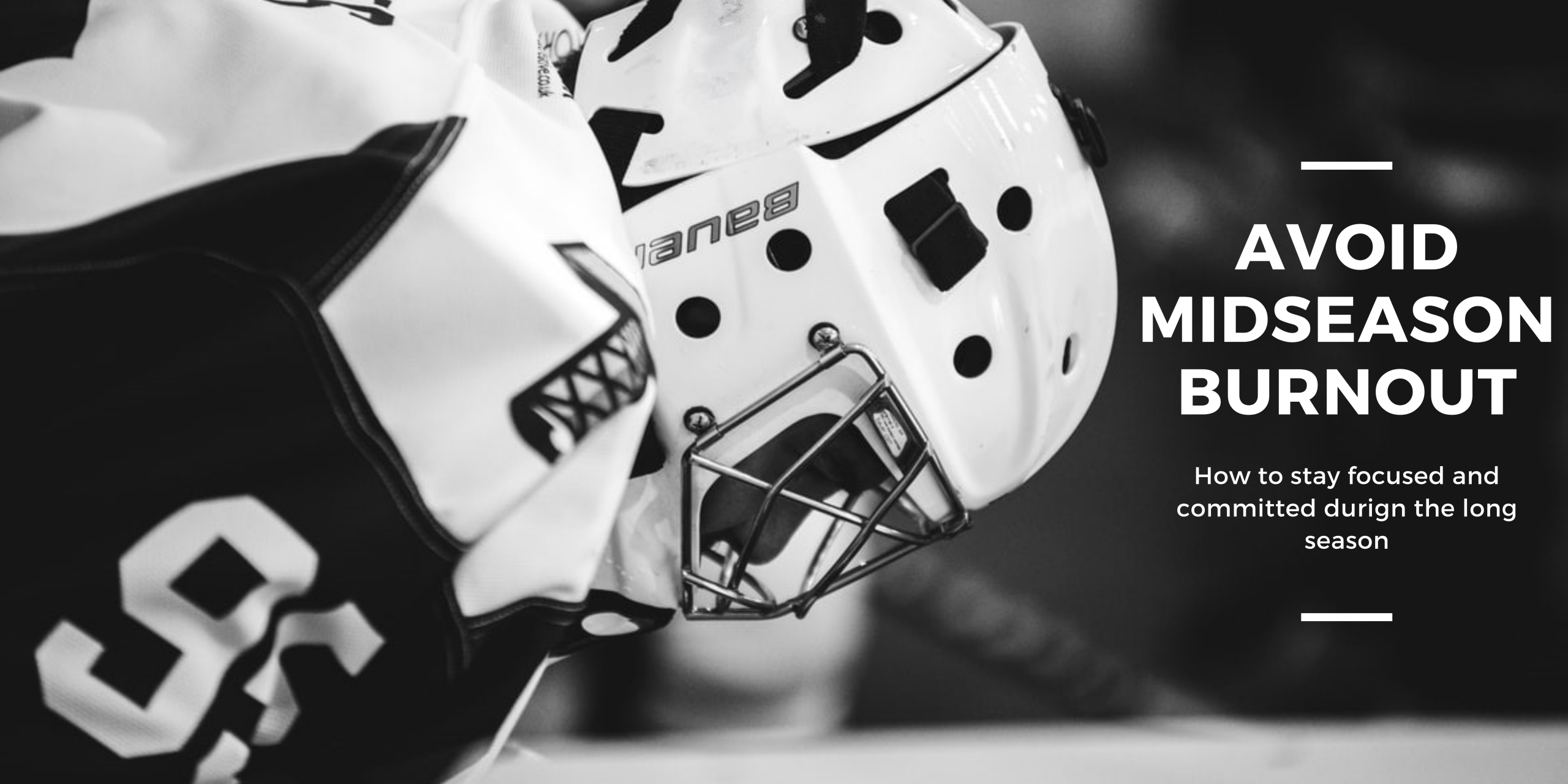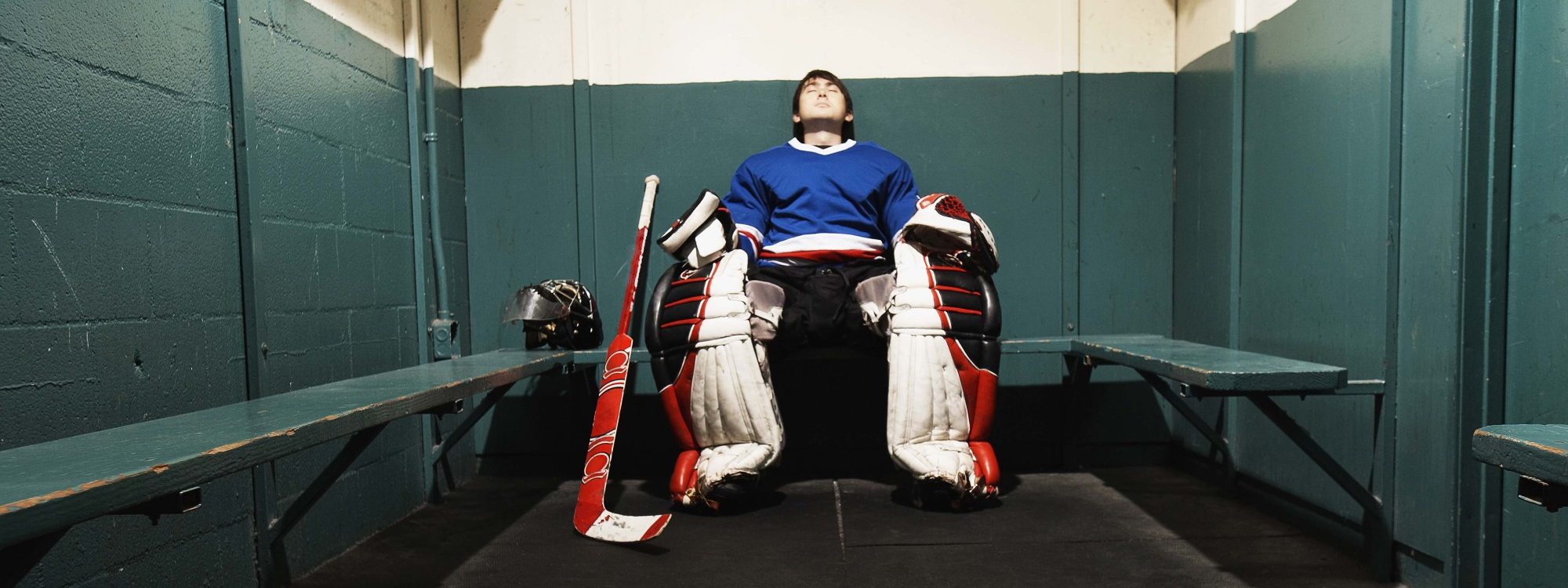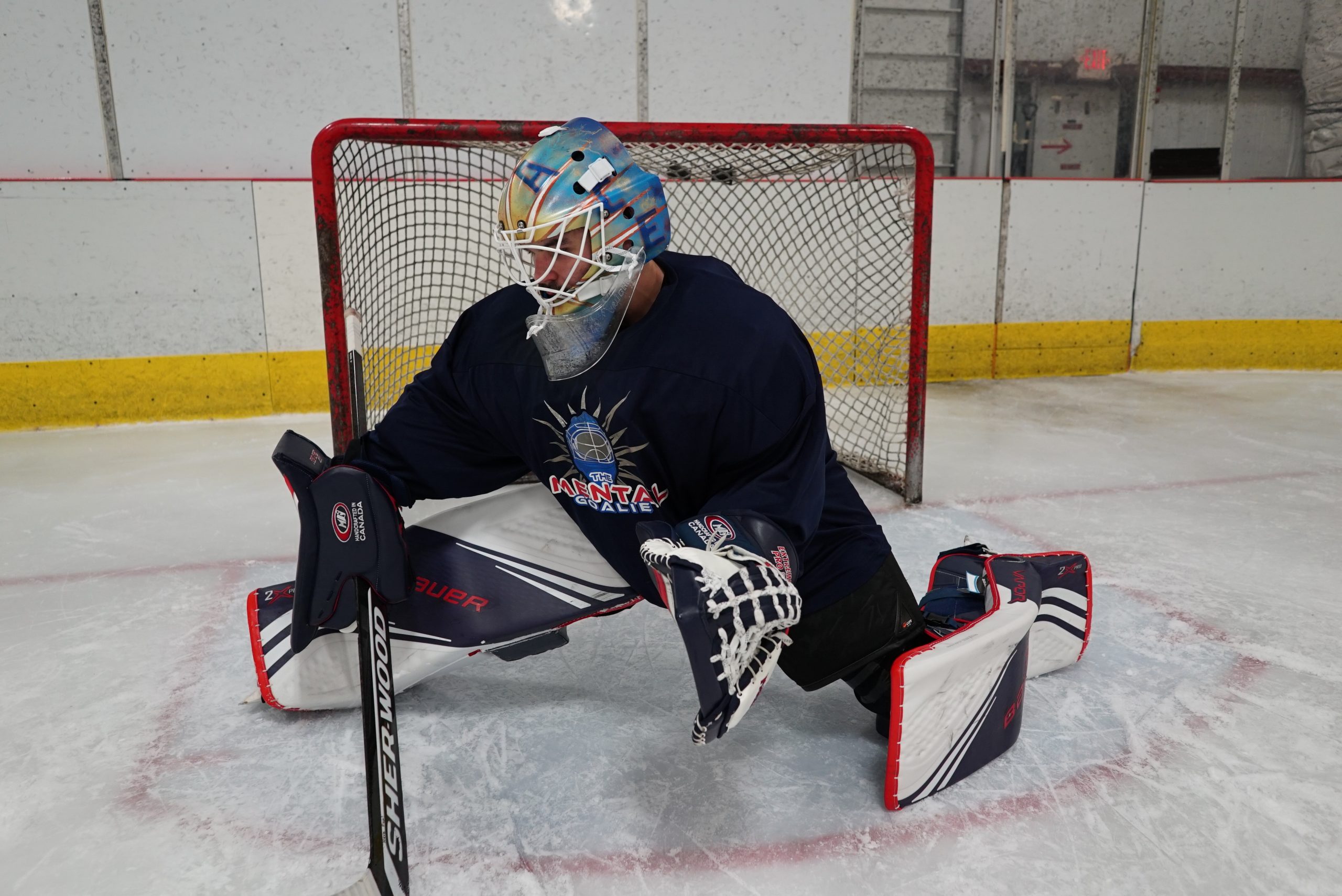🚫 5 Things You Should Never Do After a Loss!
Every goaltender faces the challenge of recovering effectively after a tough loss. Resilience plays a vital role in their success on the ice. To overcome setbacks, it's essential to steer clear of certain pitfalls that can hinder progress and erode confidence. In this blog post, we will discuss five important strategies that every goalie should employ to bounce back stronger after a loss. 1. Shifting Focus: Avoid Dwelling on the Outcome It's natural to feel disappointed after a loss, but dwelling on the outcome can impede progress. Instead, redirect your focus towards
How Non-Judgmental Awareness Can Boost Mental Toughness for Goaltenders
Boost Your Mental Toughness If you're a goalie looking to up your game, you know that mental skills training is essential. In this blog post, we'll dive into the concept of non-judgmental awareness and how it can help goalies reduce anxiety, improve focus and concentration, and increase resilience on the ice. Non-judgmental awareness, also known as non-judgmental mindfulness, involves observing thoughts, feelings, and sensations in the present moment without judgment or evaluation. By cultivating a sense of openness, curiosity, and acceptance towards whatever arises in one's awareness, goalies can learn to respond
Simplify Your Mental Game With One Easy Step
The Mental Goalie Podcast Episode 3 Show Notes listen to this Episode Simplify Your Mental Game With One Easy Step What’s up student athletes, this is Coach Austin from The Mental Goalie and you’re listening to the Mental Goalie podcast. More athletes than ever are recognizing the importance of having a strong mental game and powerful mindset, and in a position such as goaltending, the stakes are even higher. On this show, broken up into short episodes, I break down easy ways for you to start your mindset journey on the ice. Over
Getting The Most Out of Team Practice
The Mental Goalie Podcast Episode 2 Show Notes listen to this Episode What’s up goalguards, this is Coach Austin from The Mental Goalie and you’re listening to the Mental Goalie podcast. More athletes than ever are recognizing the importance of having a strong mental game and powerful mindset, and in a position such as goaltending, the stakes are even higher. On this show, broken up into short episodes, I break down easy ways for you to start your mindset journey on the ice. Over the next few months, we are going to
Avoid The Dreaded Midseason Burnout!
By the middle of the season, you’re probably feeling exhausted in some form or another. Sore, tired, worn, and mentally down are a few ways athletes feel as their seasons peak. You love the sport, so why is it so difficult to find the motivation to go to practice some days? It’s simple: you’re just burned out. Mentally and physically, a long season will take its toll even on the most elite athlete. Two to three games a week, 4-5 practices on top of team workouts and video sessions, is a
Athletic Benefit of Meditation
What is meditation for athletes? Are we cross legged in the locker room summoning the power of the sports gods? While some of us might, generally athletes that practice mediation incorporate it into their daily routine, and it becomes as common for them as stretching in the morning. I have one of those minds that can never settle down. Thoughts fly through my head, without control, and often consume me in a negative, stressful way. Something as calm and even keeled as mediation always seemed laughable, unachievable. The benefits of meditation
Best Recovery Tools For High Performance Athletes
An athlete is only as good as their recovery, right? You can give 110% during practices, games, and in the weight room, but if you don’t recover your muscles properly after every session, you won’t be able to sustain that high level performance throughout the season. While consistent stretching is a key component in all rehabilitation, sometimes you need something a little more serious to maximize your recovery session. Here’s a list of the some of the best tools for sports recovery. “You've got to love what you're doing. If you
Goalie Stat Tracking Journal – Pro Development
Growing a Up Goalie, and with a naturally analytical mind, the day my dad explained to me what save percentage and goals against average was, I was obsessed with stat-taking. It was exciting to see the averages and gave me a way to compete against my biggest opponent…myself. I recall during practices I would count the number of shots taken and goals given up, then go home and punch the numbers into an excel sheet to track throughout the season. The weird habit has stuck with me today, as men’s league
